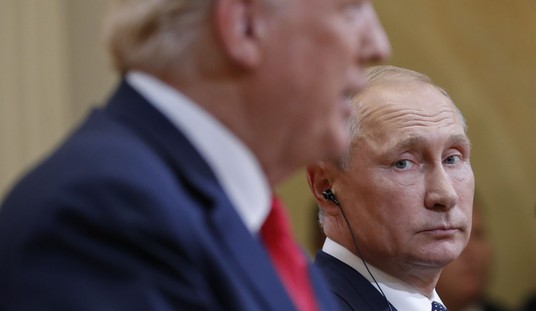Today, March 25, is the birthday of my friend and colleague Hilton Kramer, who, together with the pianist and music critic Samuel Lipman (1934-1994), started The New Criterion in September 1982. Hilton, who died last March 27, would have been 85 today.
I started writing for The New Criterion in 1983, joined the staff in 1989, and for more than twenty years had the great privilege of counting Hilton as one of my closest friends. Rare was the week that passed when he was in New York that we didn’t dine or lunch together. We went to countless art exhibitions and conferences together, and I saw first hand how a fiercely independent critic and man who combined rare intelligence, aesthetic sensitivity, and political maturity went about the curious task of cultural criticism. In many ways, Hilton was a second father to me. Hamlet’s words about his own departed father have always seemed to apply to Hilton: “He was a man. Take him for all in all. I shall not look upon his like again.”
The morning Hilton died, I wrote a brief notice in this space.
It is with great sadness that I report the death of my dear friend and longtime colleague Hilton Kramer, who died early this morning, age 84 (his birthday was just two days ago).
I will have more to say at The New Criterion — the magazine Hilton co-founded with the pianist Samuel Lipman in 1982 — soon. But here let me record my deep personal and professional debt to a man who not only employed me at The New Criterion — I began writing for the magazine in 1983, joined the staff in 1989 — but who also was for me a model of everything a critic should be: independent, forthright, well-informed, and above all incorruptible. Hilton always told it exactly as he saw it, and he generally saw it with revealing clarity. He was fond of quoting William Dean Howells’s observation that “the problem for a critic is not making enemies but keeping them.” I have since taken to quoting it often myself: telling the truth about things will often irritate vested interests, as much in the art world as in the worlds of business or politics, and if a critic does not irritate people it generally means he is not doing his job.
Because of his long tenure as an art critic for The New York Times, Hilton was known to the world chiefly as a writer about art. But in fact he started life as a literary critic and his mature intellectual interests embraced literary, politics, and the world of culture more generally. His book The Twilight of the Intellectuals: Culture and Politics in the Era of the Cold War (1999) is a brilliant overview of the figures — some courageous, many perfidious — that made that period such a rich if often malevolent time.
Hilton was a staunch anti-Communist and unapologetic partisan of democratic capitalism and the tradition of individual liberty it made possible. He was also a stalwart defender of high culture at a time when the demotic forces of crass commercialism, political correctness, and academic hermeticism threatened to destroy the humanizing resources of the intellectual and moral tradition of the West. The New Criterion was his chief institutional legacy to shore up this legacy. It is an honor and privilege for me to help carry on that legacy as editor of The New Criterion. I speak for our entire staff and our extended family of friends in lamenting Hilton’s passing. RIP.
I wrote at greater length about Hilton in The New Criterion here. The entire essay is freely available online, I believe, so let me end with this brief snippet:
Some found Hilton personally intimidating as well as rhetorically astringent. “I only met him once,” a friend wrote me the day he died, “and I was appropriately terrified.” I don’t believe the terror really was appropriate. Hilton could be a formidable polemicist, but in person he tended to be quite mild, even jovial. He was a commanding raconteur with a large library of amusing stories. He did not suffer fools gladly, or—now that I think back on it—in any other way. Yet he was engaging company. But from the very beginning of his career Hilton called things exactly as he saw them. He did not temper his disapprobation—nor his praise, come to that—to suit the politesse of any establishment. Which brings me back to the moral pressure of Hilton’s critical writing, a feature that was as evident in his writing about painting as it was in his writing about politics. Hilton understood that at bottom the aesthetic is deeply implicated in our moral life. In this, he was like one of his culture heroes, Henry James. James’s exquisite dissections of human emotion and motivation play out on a canvas of great moral urgency. Just so, Hilton’s embrace of the aesthetic escaped the aridity of arts-for-art’s-sake aestheticism because it was rooted in a larger vision of life. He insisted on the integrity of aesthetic experience because the aesthetic, the experience of beauty and its filiations with our life as moral beings, is a fundamental part of human nature. From the beginning of his career, Hilton celebrated art and literature—and the tradition of humanistic endeavor generally—not as an escape from but a revelation of reality.
How few critics, I wonder, live up to that ambition?









Join the conversation as a VIP Member